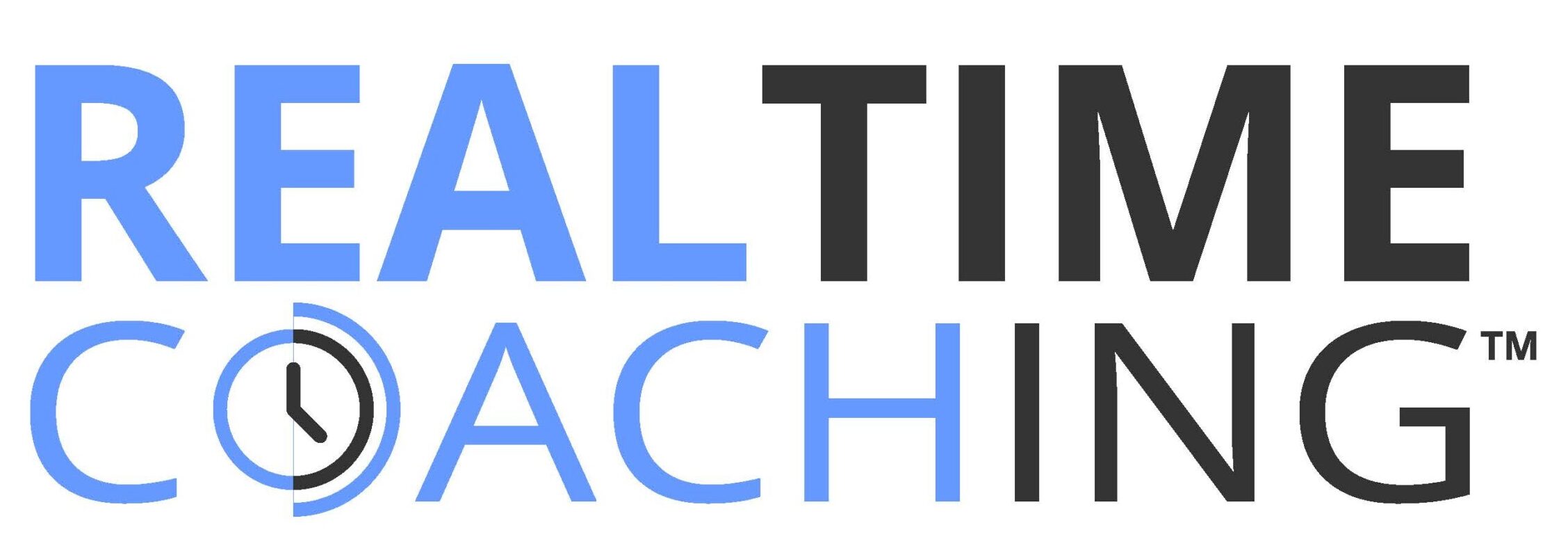RealTime Coaching is based on Dr. William Glasser’s original works known as Reality Therapy and Choice Theory. Glasser was seen as revolutionary for actually diagnosing his patients before prescribing a treatment. In many instances, he found his patients did not have a medical condition at all, they simply needed a behavioral course correction.
Today, the best leaders and coaches still believe in diagnosing before prescribing. Actions, improvements, and results are ultimately the responsibility of the person being coached. However, when things are not working as planned, a coach should continually diagnose for problems. Here are four questions to help diagnose potential gaps.
#1. Does the person have sufficient awareness of the need for change? Do they even know there is an issue? Does the person understand the consequences for not changing? On a scale of 1-10, how important is it for the person to make the change?
#2. Does the person feel a strong enough sense of urgency? The coach may ask, “What do you think will happen if you continue doing the same thing you’ve been doing?” Sometimes a person is interested in change, but not committed to change. On a scale of 1-10, how urgent is it this change happens? Ryan’s note: If the 1-10 scores for these two questions add up to 15 or higher, then the person has deemed the issue both important and urgent enough to take action.
#3. Has the person created a SMART plan? A goal without a plan is just wishful thinking.
#4. What has the person done differently? Have they taken any action? If yes, this new action is known as a “behavioral shift”. If the person has not taken any action, review their scores from questions 1 and 2 to be sure importance and urgency are high enough. If necessary, re-check the plan….Is any of the SMART criteria missing? What did the person indicate they would do? By when? Were there roadblocks or surprises? If they “don’t know”, a coach may ask, “What is more important to you than making this change?”
And the diagnosis continues. The best prescriptions come from the person being coached. Keep coaching.
